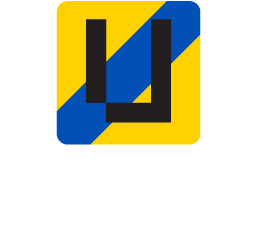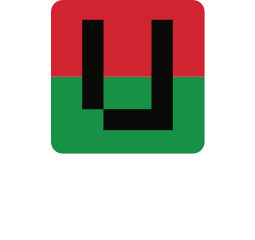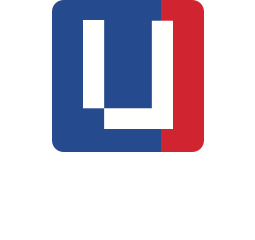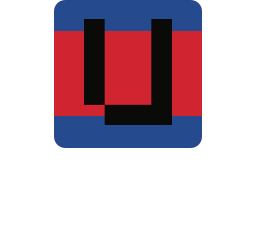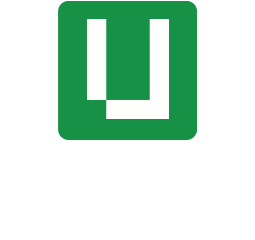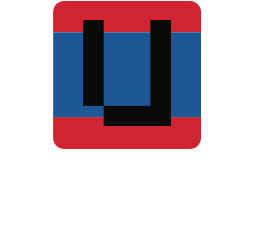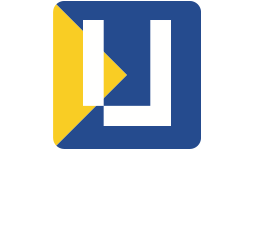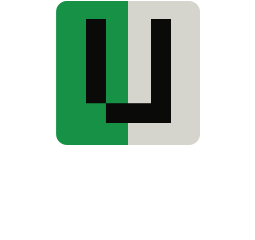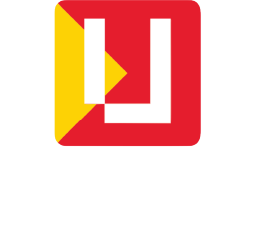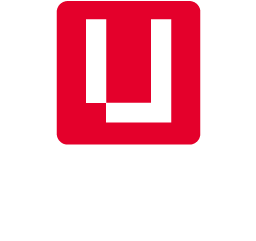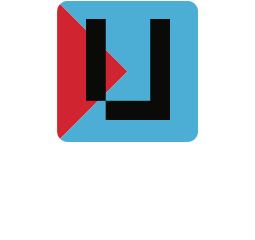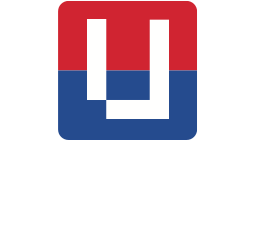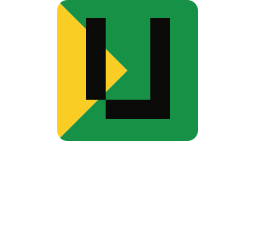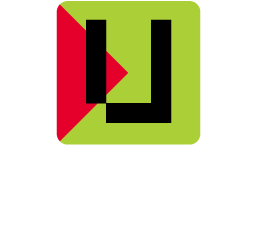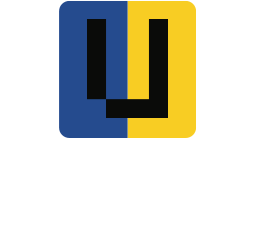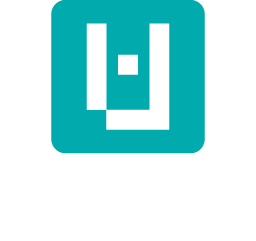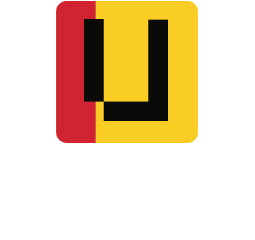Women and girls with disabilities are often pushed to the extreme margins and experience profound discriminations, Cathy Mantswe, a 17-year-old student’s journey is an attestation to this.
Cathy was born with Osteogenesis imperfecta, a genetic brittle bone disease which is incurable and makes it difficult for her to walk without support, as a result she uses a wheelchair to move around. Like most of her peers living with disability, Cathy shared that the advent of COVID-19 exacerbated the challenges that she already had. Speaking during the commemoration of International Women’s Day hosted by UNICEF and other UN agencies, she said access to education and health care services was a challenge during the onset of the pandemic. “When schools were re-opened after lockdown, government announced that children with disability will only join in a few weeks after their peers, this exacerbated the already existing discrimination” she said. As a result of this segregation, Cathy said her peers suspected that she had covid-19 and avoided interacting with her upon return. “Not only did it affect interaction my peers, but I also lost contact time with my teachers and I had to double my effort catch up,” she said.
For Cathy, life was hard even before COVID-19 pandemic. In a country that prides itself with high enrolment rate for primary education, Cathy argued that children with disability continue to be marginalized and the education system hardly caters for them. “I remember how my parents and I moved from one school to another, to secure a place for standard one in 2013. None of the schools were willing to accept me. I remember one school principal asking my parents if they thought his school was a dumping site and I wondered, am I garbage?” she said.
Despite all these challenges, Cathy and her family were determined to get her a place and she too desperately wanted to join her peers. As a self-assured young girl, she knew that she would excel even more than children who were not physically challenged. After a long struggle, she finally got admitted at Bakgatla Primary School, under one condition, that her family will avail a teacher-aid as the school could not afford one. “My family is not well off, my mother works as a cashier in a local supermarket, so we could not afford that. But my aunt who is here with me was so determined to see me succeed. She quit her job to become my aid,” she said. Further to this, Cathy’s family could barely afford transport money and the school was far from her family house. Every morning, her aunt carried her on her back, along with her walking sticks and school bag. “My aunt carried me on her back, just to make sure that I reach my dreams,” she said.
She did not only struggle with transport, but she also had to deal with discrimination and constant stares from her peers. Lack of proper amenities impedes her from fully enjoying the school experience. However, all these experiences do not discourage Cathy from pursuing her goals, instead, they motivate her to prove to her peers that she can succeed at anything that she puts her mind to. She is currently the president of Student Representative council, the best debater in the school and one of the best chess players.
Cathy pleaded with decision makers to invest in schools that can be accessed by all children, especially for children with disability. “We have to be inclusive, I plead with you to deal with barriers that impede us from accessing education. Living with disability does not mean that we cease to dream. In fact we have dreams and we have aspirations like other children. ” she said.
She further called on government and stakeholders to protect the privacy of children living with disability. Sharing her current ordeal in which the school policy dictates that she be given a new aid who she does not have rapport with. “If government is going to be hiring a new aid every year, what about my privacy? How many people are going to see me naked?” she asked. Adding that they should be given an option to bring family members that they are comfortable with. She concluded by thanking her aunt who has been her aid since primary school.
Other panelists shared their experiences on how covid19 impacted their lives. Among them, was a mother of a child living with cerebral palsy, Mysi Badenhurst who described the onset of covid19 pandemic as a dark period of her life. “Covid-19 protocols cut us off from accessing health services and support from family. If I didn’t have mental breakdown then, I will never have it,” she said. Another panelist, Tsaone Mosweu a partially blind young women, said they were left behind when messages for COVID19 prevention were designed. Furthermore, the pandemic exposed them to sexual and physical violence.
For her part, UNICEF Representative, Dr Joan Matji, committed that UN will continue to reflect on its programming and ensure that women and girls with disability are catered for. “Today’s event is one of the many platforms that we intend to create and amplify your voices so that stakeholders make the right investments to meet your needs, “she said.
